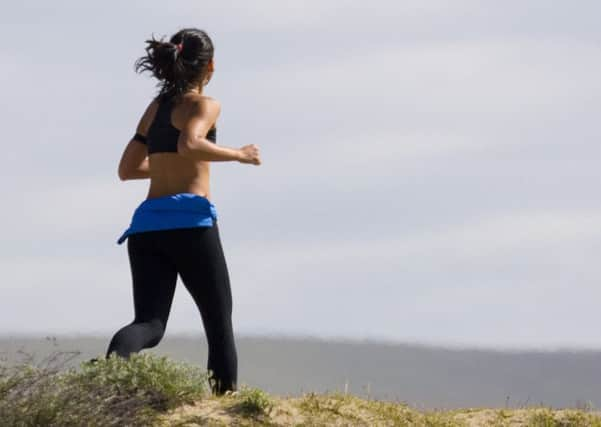Over half of Scots don't know vital organs function


Many Scots have been revealed as clueless about the role of their vital organs and the best foods needed to fuel their body.
Over half don’t know the basic functions of their kidneys and 50 per cent don’t understand the basic function of their lungs.
Advertisement
Hide AdAnd 26 per cent don’t know that milk and dairy products are a good source of calcium.
The study, which was commissioned by Bupa UK aims to make people more aware of their health.
The results highlighted that some had little knowledge about the best foods to eat. Over two-fifths confess to not knowing which food groups provide the best nutrients for their vital organs.
2,000 Scots were questioned on their body IQ and health regimes as part of the study.
Exactly half confessed they avoid celebrity health regimes because they’re too difficult to follow and over one-quarter of admitted that, despite their popularity, they typically struggle to understand how personal health apps and digital fitness monitors work.
The good news is that people do want to change. 89 per cent of the study’s respondents admit that they could brush up on their anatomy knowledge and 60 per cent would commit to a health and wellbeing regime if it were tailored for them.
Advertisement
Hide AdWhen health and wellbeing come into question, 3 in 10 Scots will typically turn to a doctor first while 27 per cent consult their partner at the first chance.
This dependence on advice from friends and family could be due to the fact that an alarming 45 per cent of people struggle to understand medical language and terminology.
Advertisement
Hide AdCommenting on the research findings, Dr. Lizzie Tuckey, Medical Director, Bupa UK said: “A basic handle of biology is crucial, but equally important is an understanding of our own bodies and what we each need to do to look after ourselves properly.”
